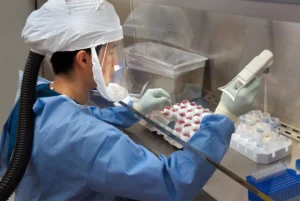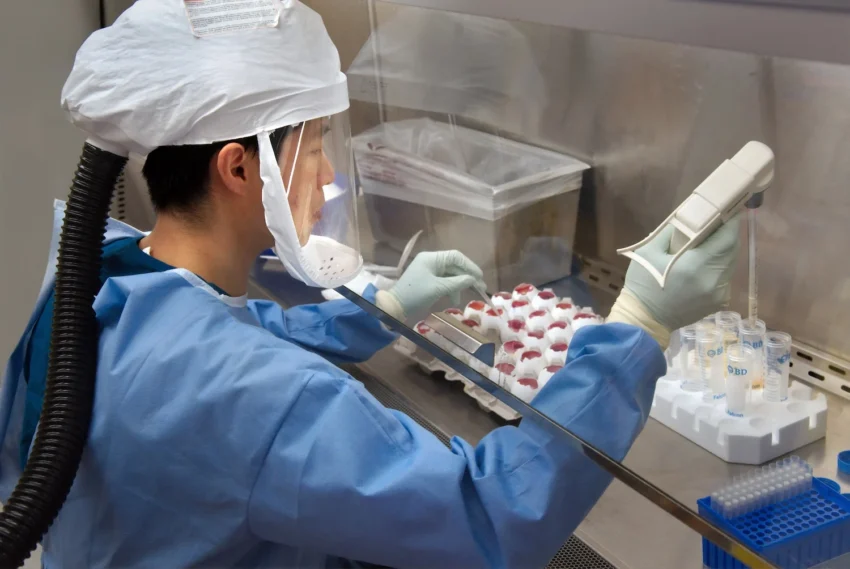China’s new policies went into effect on December 1 and mandate ethical evaluations for all research organizations, including universities, hospitals, and businesses. The Ministry of Science and Technology claims that the action is intended to make sure that science and technology are used “for good.”
The regulations will require universities, hopsitals and companies to undergo ethics reviews
This innovation is a first for China and positions the country at the forefront of formulating rules for moral concerns in industries like human and animal research and artificial intelligence (AI). Algorithmic models with social influence, intrusive brain-computer interfaces, and automated decision-making systems affecting health and security are some of the domains that require independent expert verification.

What does this indicate for the country’s efforts to promote scientific innovation, though? On the one hand, the new rules may act as a much-needed moral guide in a climate rife with moral conundrums like the one involving Chinese scientist He Jiankui. He stunned the world by producing gene-edited offspring and was subsequently put in jail for questionable medical procedures.
However, the rules can also restrict innovation. Research initiatives can be delayed by the creation of an ethics review committee with a minimum of seven members. The ability of these committees to halt initiatives is a possible barrier to the rapid growth of science.
The rules also cast a wide net across “sensitive research areas,” necessitating the assessment of data and algorithms—essential elements of AI development. This may have an effect on China’s position in the global tech race, especially if AI becomes an even more important part of industries like healthcare and national security.
